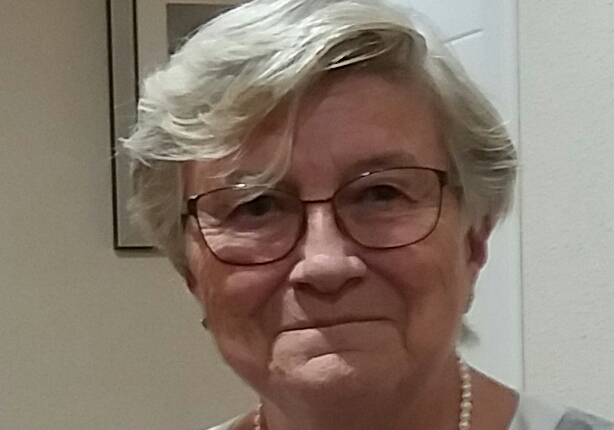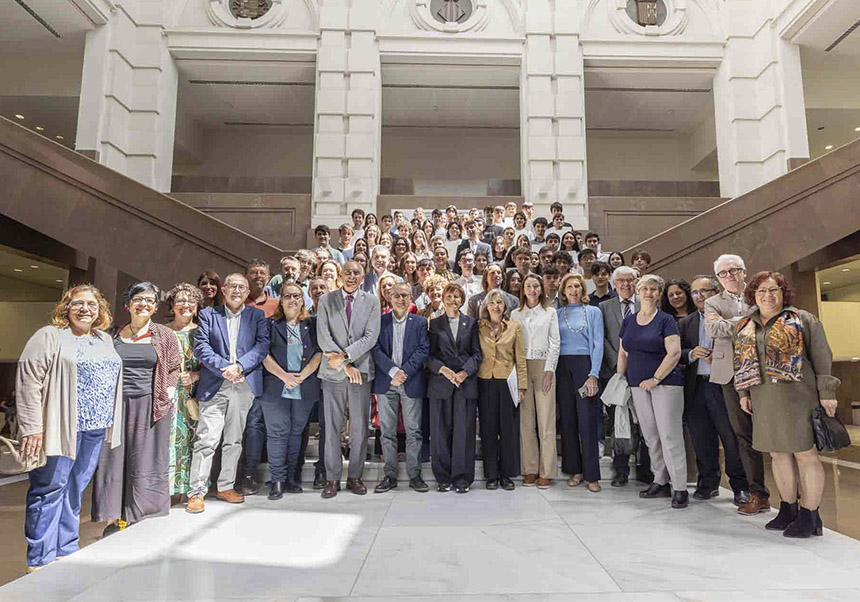Professor Margarita Parra makes the Forbes list for the 100 most influential women in Spain
- Press Office
- October 24th, 2023

Margarita Parra, full professor at the Universitat de València, has made the Forbest list as one of the 100 most influential women in Spain in 2023. Furthermore, she is one of the 6 Valencian women recognised by this business and finance magazine published in the US.
Margarita Parra Álvarez is the director of the Interuniversity Research Institute for Molecular Recognition and Technological Development (IDM), as highlighted by Forbes Women España 2023. In addition, she has been recognised as the head of the research and education centre for health, food, safety and environment.
Parra Álvarez has received the Teaching Excellence Award from the Board of Trustees of the Universitat de València, as well as several awards for educational innovation. Moreover, the Docentia programme has given her an excellent score.
The full professor at the Universitat de València has been conducting research on Supramolecular Chemistry since 2007 and, with the group of which she is a member, she designs, synthesises and evaluates chromium and/or fluorogenic chemosensors and chemodosimeters for the detection of small molecules. In this sense, her group has made important contributions in detecting nerve agents, pollutant gases, neurotransmitters and chemical subduction drugs.
The latest results on chemosensors for the detection of chemical subduction drugs have resulted in 5 patents and the spin-off Opticalsens SL is being created.
Her research has also been extended to real applications while maintaining agreements with different companies. They have had an agreement with SERVALESA for 8 years and have a patent that is already being exploited.
Furthermore, she is the director, since 2022, of the Interuniversity Research Institute for Molecular Recognition and Technological Development (IDM). This multidisciplinary centre has allowed them to develop new lines of application for the aforementioned sensors through solid supports and their possible in vivo uses with their monitoring in various cell lines and in mice. Thus, they have initiated a new line of research that enables the controlled release of drugs as a much more efficient dosing method. In fact, they are already obtaining results for the treatment of inflammatory diseases of the colon and osteoporosis.
















